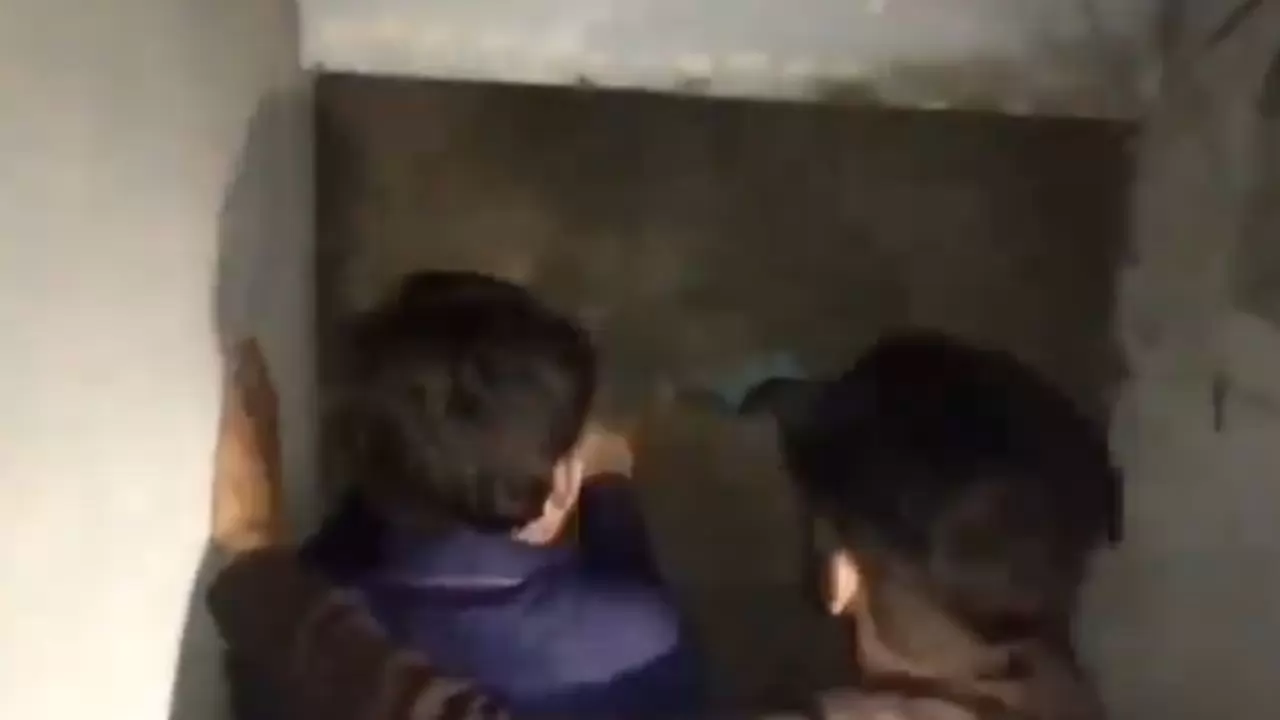
X/Ghulam Abbas Shah
New Delhi: In a horrifying incident in Hyderabad, Pakistan, a woman and her daughter were found bricked into a wall by their relatives. The victims were discovered on the upper floor of their home. According to the officials, the woman recounted the horrific episode, saying that her brother-in-law and his sons had confined them inside the room before sealing them from outside.
The woman claimed that the accused had been harassing them for some legal documents about their house after they were rescued by the police when the neighbours broke the wall.
#Pakistan A woman and her teenage daughter were rescued alive after being bricked into a wall by relatives over a property dispute in Latifabad No. 05, #Hyderabad. The victim stated that her brother-in-law, Suhail, and his sons locked them in a room and built the wall. pic.twitter.com/cFlujkYTVd
— Ghulam Abbas Shah (@ghulamabbasshah) July 1, 2024
Meanwhile, the police have registered a case against the accused and assured strict action against the people involved in the heinous act of confinement.
This tragic case highlights the persistent and severe issue of violence against women in Pakistan, where cases of gender-based violence often go underreported. Despite some legislative efforts to protect women's rights, societal and systemic challenges continue to hinder justice and protection for many victims.
Another horrific act was reported a month ago, where a property dispute in the Chamkani district of Peshawar resulted in the deaths of at least five people. The fight between the groups has been going on for a while, according to the police, who have filed a FIR.
Officials from the local government are actively redrafting laws to prevent unapproved construction projects and address interpersonal conflicts that lead to these kinds of violent incidents. To keep such tragedies from occurring in the future, they are also pushing for stronger ownership rights enforcement and more efficient dispute settlement procedures.





Copyright © 2026 Top Indian News
